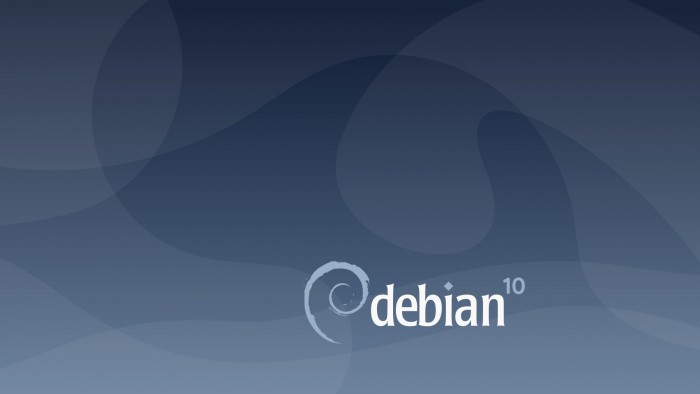Debian 11.2 bullseye released: Miscellaneous Bugfixes
The Debian project is pleased to announce the second update of its stable distribution Debian 11 (codename bullseye
). This point release mainly adds corrections for security issues, along with a few adjustments for serious problems. Security advisories have already been published separately and are referenced where available.

Debian 11
bullseyeships with several desktop applications and environments. Amongst others it now includes the desktop environments:
- Gnome 3.38,
- KDE Plasma 5.20,
- LXDE 11,
- LXQt 0.16,
- MATE 1.24,
- Xfce 4.16.
This release contains over 11,294 new packages for a total count of 59,551 packages, along with a significant reduction of over 9,519 packages which were marked as
obsoleteand removed. 42,821 packages were updated and 5,434 packages remained unchanged.
bullseyebecomes our first release to provide a Linux kernel with support for the exFAT filesystem and defaults to using it for mount exFAT filesystems. Consequently it is no longer required to use the filesystem-in-userspace implementation provided via the exfat-fuse package. Tools for creating and checking an exFAT filesystem are provided in the exfatprogs package.Most modern printers are able to use driverless printing and scanning without the need for vendor specific (often non-free) drivers.
bullseyebrings forward a new package, ipp-usb, which uses the vendor neutral IPP-over-USB protocol supported by many modern printers. This allows a USB device to be treated as a network device. The official SANE driverless backend is provided by sane-escl in libsane1, which uses the eSCL protocol.Systemd in
bullseyeactivates its persistent journal functionality, by default, with an implicit fallback to volatile storage. This allows users that are not relying on special features to uninstall traditional logging daemons and switch over to using only the systemd journal.The Debian Med team has been taking part in the fight against COVID-19 by packaging software for researching the virus on the sequence level and for fighting the pandemic with the tools used in epidemiology; this work will continue with focus on machine learning tools for both fields. The team’s work with Quality Assurance and Continuous integration is critical to the consistent reproducible results required in the sciences. Debian Med Blend has a range of performance critical applications which now benefit from SIMD Everywhere. To install packages maintained by the Debian Med team, install the metapackages named med-*, which are at version 3.6.x.
More details on Debian 11 can be found via the release announcement on Debian.org.





